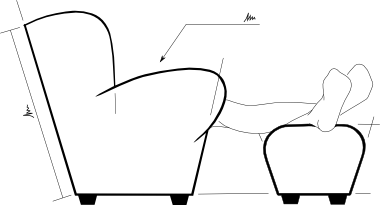Open Source Engineering
Deferred Procrastination is trying to work around a few of the basic truths of engineering.
- Creating perfection requires an infinite amount of time and an infinite amount of effort.
- The first 80% is easy and you can do most of it in your head.
- The next 10% is where the real engineering comes in, and it takes a lot of work and experience.
- The last 10% takes until the end of time, because everybody else has a better idea!
And a good solution to stop projects spiralling into a black-hole of diminishing returns seems to be, to let the ideas be free.
Making a project open source is very similar to academic peer review. There is the risk that when you publish, someone else will use your idea, and do better things with it than you. But almost all the time you actually get back much more for your openness. Most of the time you get discussion, feedback, help and encouragement.
Open source means people will see the effort that went into your work. It invites openness and asks other people to do the same in return. It feeds a culture of openness and sharing that ultimately leads to an advancement of the whole field. If Timoshenko never published any work, mechanical engineering would have to be re-invented by every engineer since; and it was the publication and dissemination of his work that generated the huge respect for him that dominates structural engineering today.
